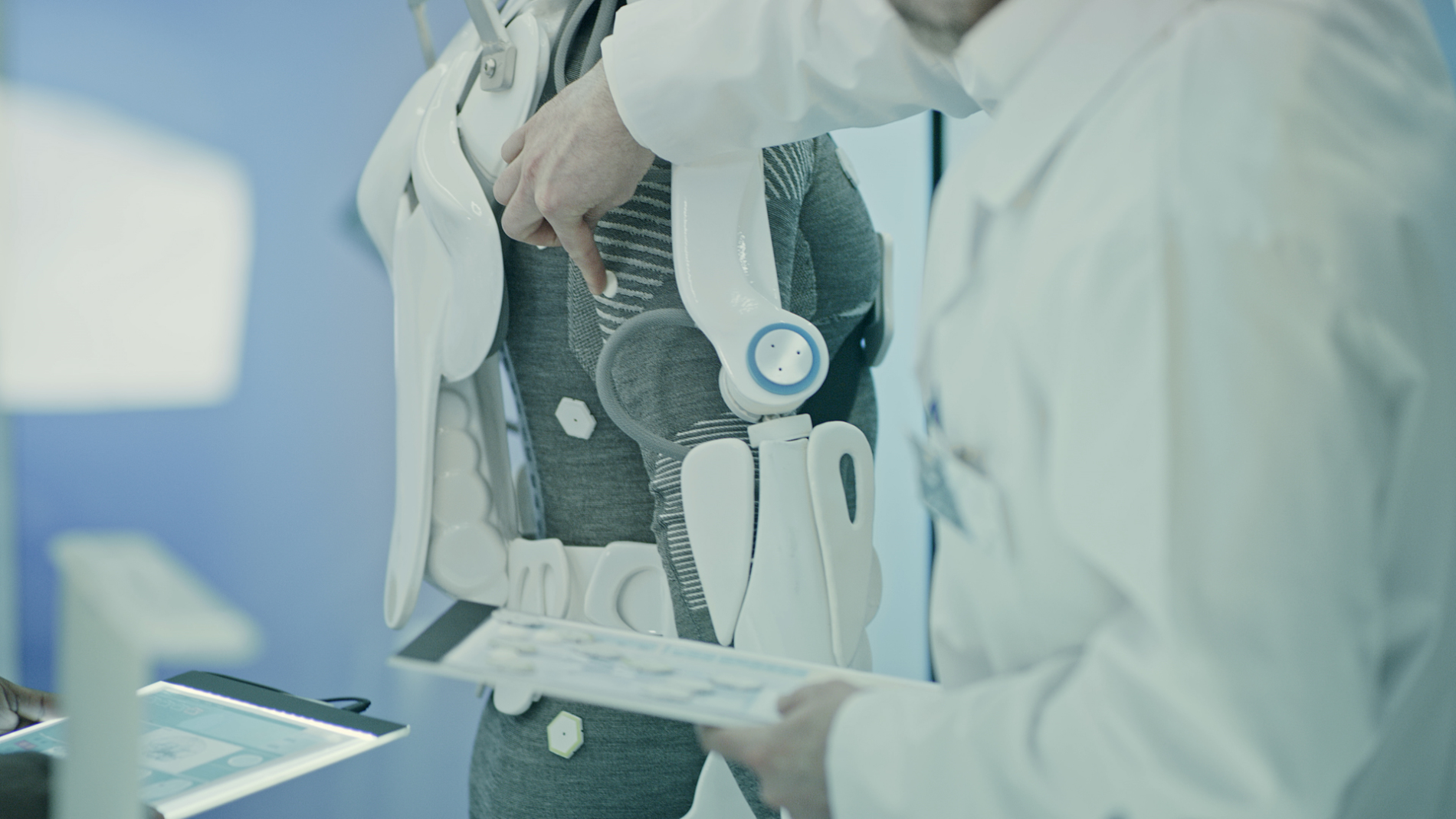July 2023
In the Hospices de Lyon laundry network in France, a survey on MSDs was conducted together with an ergonomics study. "The results show that the agents describe pain mainly located in the shoulders and lumbar spine. These pains or discomforts have an impact on the health of the agents: recourse to work stoppages, consumption of painkillers. The jobs perceived as causing the most discomfort or pain were engaging sheets, sorting clothes and hanging up full bags of laundry. This difficulty is corroborated by the ergonomic study which identified repetitive gestures and a high rate of work on these positions." The ergonomics study confirms the fast pace, the large number of handles to be performed, the total weight to be lifted every day (217 kg per hour) and the considerable strain on the shoulder and elbow joints in the workplace.
Musculoskeletal disorders (MSDs) are on the rise, affecting 8 out of 10 workers, according to an Institut français d'opinion publique (IFOP) study published on 25 January 2023. Back pain is the most widespread health problem.
Exoskeletons are external skeletons that can be attached to the body during working hours to relieve and protect the body during lifting or repetitive movements. Manufacturers offer passive or active models that are increasingly lightweight, versatile and easier to use at the workplace.
Whether it is carrying heavy loads over short distances, performing repetitive actions or performing activities in awkward postures, sometimes combined with a fast pace of work and difficult environments (noise, heat), exoskeletons prove to be valuable allies when adopted by workers on duty. The question of "acceptance" of this tool by workers remains a sensitive issue and an obstacle that falls under the responsibility of HR and/or QWL managers. After all, apart from musculoskeletal disorders in terms of occupational health - and thus potentially a lever for absenteeism with consequences for production - the associated benefits are not insignificant. Younger generations in particular are demanding and increasingly inclined to work with this type of work equipment. In the long run, therefore, this could become an argument in difficult recruitment: Showing that management is concretely committed to the comfort and well-being of employees is undoubtedly part of a fundamental trend in terms of the attractiveness of a profession.
More information and fascinating articles can be found in The Texcare Thread: https://www.lefiltexcare.com/post/sur-le-terrain
Studies mentioned:
Survey: Accompagnement d’une blanchisserie dans l’acquisition d’exosquelettes professionnels
Tags
- Industry news
